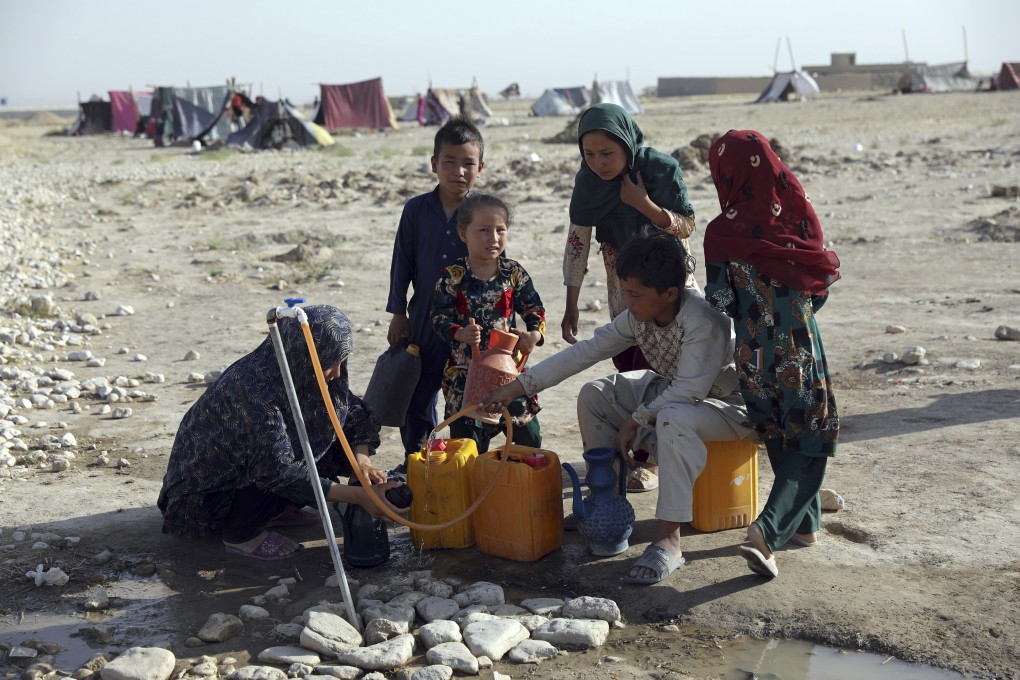Explainer | What is China’s relationship with Afghanistan, and how will it change once the US is gone?
- Factors complicating diplomatic ties include a potential security vacuum once US and allied troops withdraw and Beijing’s expanding overseas investments
- China maintains connections with the Taliban, inviting delegates from the group to talks in Beijing

Afghanistan’s diplomatic value has also changed for China, growing in importance as Beijing expands its overseas investments, takes a greater role in global governance and tightens national security at home.
Amid the latest fighting between the Taliban and government troops ahead of the departure of American forces, China is keen to ensure the long-term stability of one of its most troubled neighbours.
Historical links
China’s first notable involvement in Afghanistan was in the 1980s, helping the United States, Pakistan and Saudi Arabia to arm the Afghan mujahideed fighting the Soviet Union after it invaded to install a government loyal to Moscow.
At that time China’s relationship with the Soviets had soured as it became increasingly sceptical about Moscow’s intentions as it drew closer to China’s neighbours such as Mongolia, India and Vietnam.
According to official Chinese Communist Party records, former leader Deng Xiaoping said in November 1982: “Problems in Afghanistan are of global strategic significance. China and Afghanistan share a border, this forms a threat to China [which] can [geographically] encircle China.”
